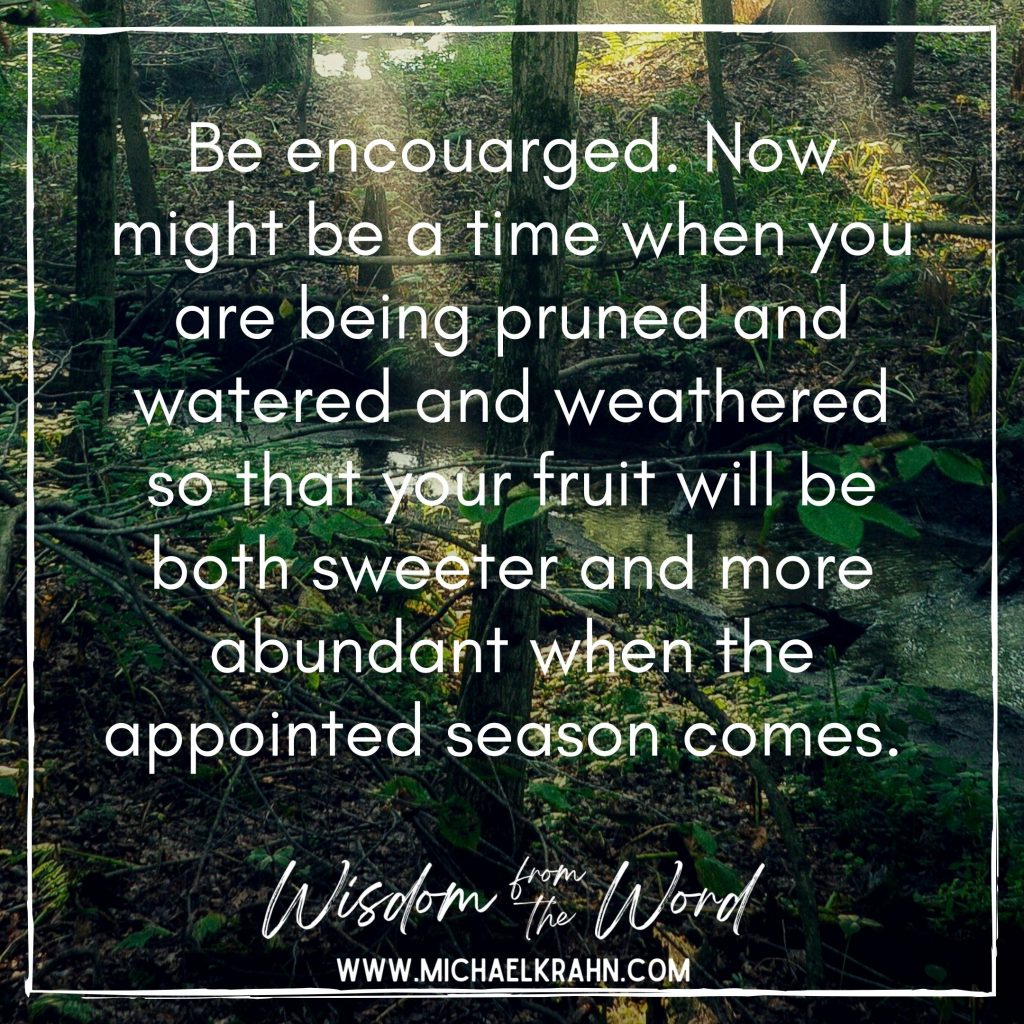God is always at work in human affairs for the good of his people and the glory of his name. This should inspire our confidence when we face the tough circumstances of the present and those yet to come. It is up to us to trust him, seek him, and act according to what he has revealed to us about his will.
The wisdom contained in God’s word is sufficient; we need no new revelation. We need no new instructions, especially when so much of what has already been commanded is not obeyed. What is needed instead is for us to return again and again to the timeless wisdom of Scripture, which is as relevant to us today as it was to those to whom it was originally written.
Praying For Politicians
Here is something he reveals in 1 Tim. 2:1-2: “First of all, then, I urge that supplications, prayers, intercessions, and thanksgivings be made for all people, for kings and all who are in high positions, that we may lead a peaceful and quiet life, godly and dignified in every way.”
It is difficult to pray without hypocrisy for those whom you curse outside of your prayer time. Love, the Apostle Paul tells us, is the supreme virtue. Yet over these last years, while much truth has been spoken, too rarely has it been spoken in love. This has been especially evident in the overheated responses to the actions of leaders in politics and religion. As we go forward, we must commit firmly to the biblical principle that critique is in bounds, but cruelty is not.
Disrespecting The Authorities
In Canada, it often seems we are a little bit proud of how disrespectful we are of our governing authorities. This is certainly not the example of God’s servants in scripture, and so I think our attitudes about our relationship with and behaviour towards those who govern us could use a few corrections.

I have been guilty of this disrespect on occasion as well, and I have had to reshape my thinking and behaviour. The help we need in this area of our lives is found in Scripture. The words of Scripture and the examples of the stories we find there clearly expose many of us who think we have a license to speak and act disrespectfully to those who govern us. (Especially if they belong to a party with the wrong colour election sign, right?)
God’s Ambassadors
In 2 Cor. 5:20 we are called God’s ambassadors. We should act in ways befitting an ambassador. This means that we represent the one in ultimate authority in front of those who wield his delegated authority. And when we find we must speak up against something the governing authorities are doing, we do so as God’s representatives and we do so out of concern for God’s glory and for their souls.
The motive behind many of the cruel critiques of political leaders does not seem to be the securing of a more peaceful and quiet life. It seems to run more along the lines of securing political power and then retaining that power going forward. This is a very wrong turn. To be involved in politics, of course, is no sin, but to trust in politics for salvation certainly is.

Today’s featured image is available as a photo or canvas print. Please visit my store on Facebook for details.












